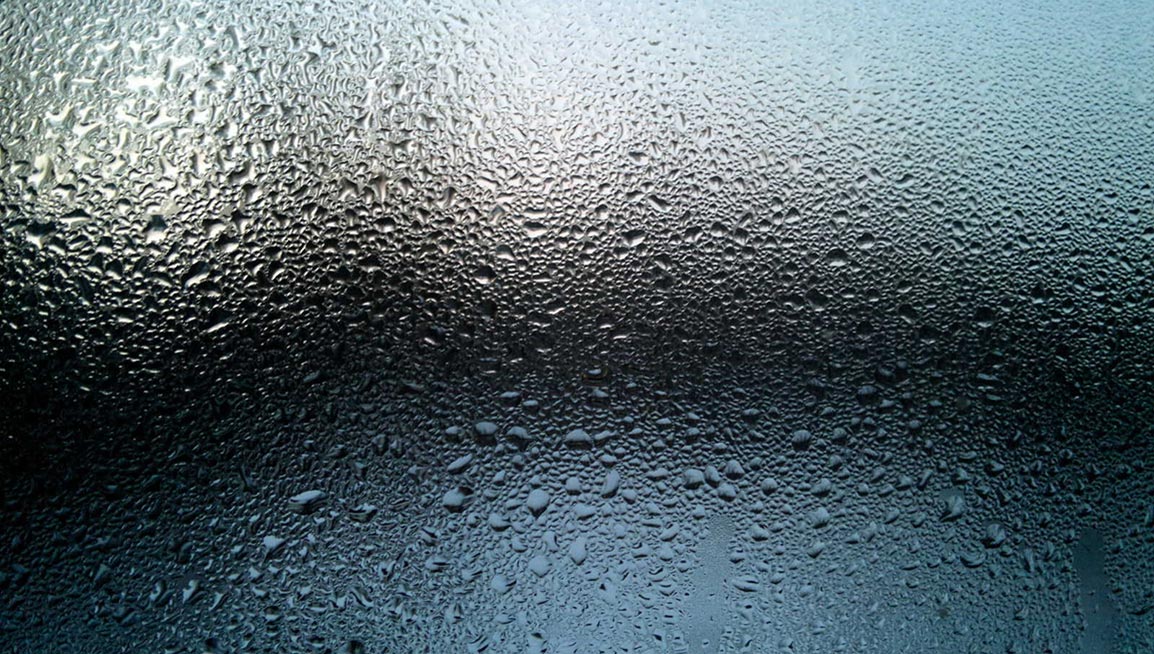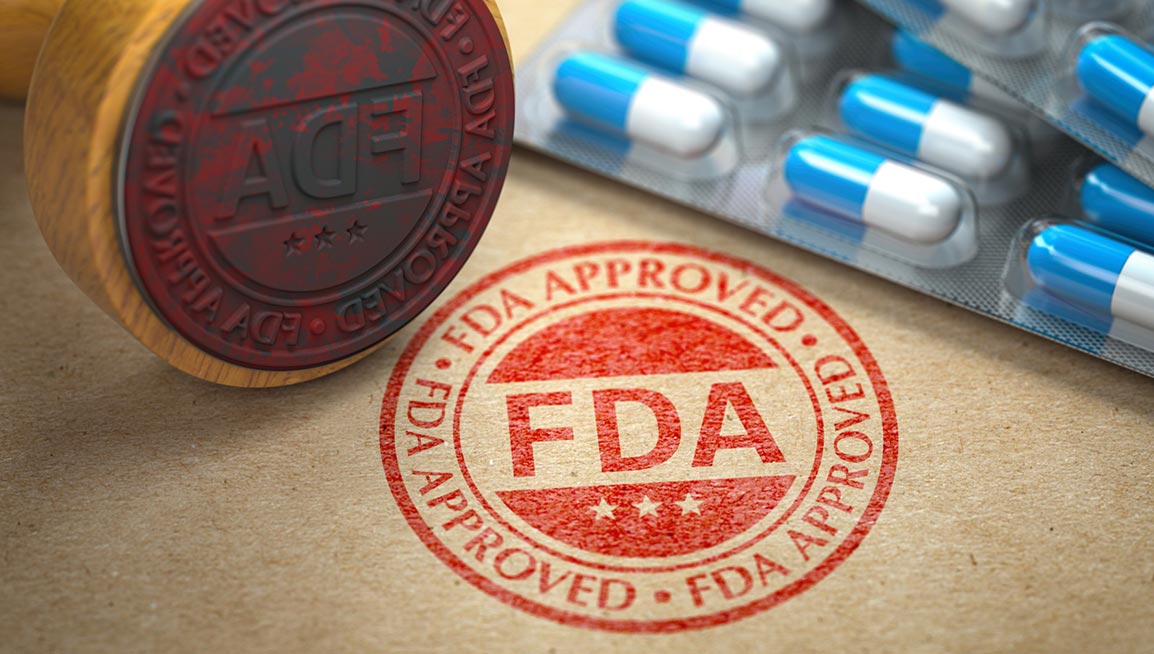2. Glass, a safe material
Glass is pure. It is impermeable and non-reactive. It allows for a better preservation of food, beverages, and other liquid products (medicines, food supplements, etc.). Glass preserves the active components (vitamins, minerals, active ingredients, etc.) and their health benefits. Finally, borosilicate glass is highly resistant to high temperatures and to most chemicals, with which it interacts little.
It is therefore ideal for all sensitive active products, such as medicines and food supplements.
Unlike plastic, glass does not contain Bisphenol A, a chemical compound potentially harmful to the human body.
It is also easy to clean, sterilize and reuse. It does not develop odors or stains.
3. Glass, a neutral material
Glass is the most neutral and natural packaging material. It preserves flavors and allows the authentic taste of food to be fully appreciated. Borosilicate glass is ideal for all sensitive active products, such as medicines and food supplements.
4. Glass, an ecological material
An ecological material par excellence, glass is the only packaging material that can be recycled 100% and infinitely. It thus contributes to the protection of the environment: a used bottle can be used to manufacture a new one without loss of quality or quantity, and this cycle can be repeated ad infinitum. This cycle can be repeated over and over again. This is known as cullet, broken glass from manufacturing waste, from selective waste collection or from recycling containers.
5. Glass, a noble material
Glass is the only packaging material that can be preserved, reused, collected and displayed. It is beautiful. It is unforgettable. It is emblematic. The transparency of glass enhances the content and reveals the quality, while allowing visual control and proximity of the consumer to his product. It is the preferred material of the French.
 https://www.sfamgroup.com/wp-content/uploads/2025/03/2025-global-pharmaceutical-market-trends.jpg
654
1154
SFAM
https://www.sfamgroup.com/wp-content/uploads/2024/06/logo-sfam.svg
SFAM2025-03-20 09:00:312025-03-21 15:55:532025 trends in the pharmaceutical industry
https://www.sfamgroup.com/wp-content/uploads/2025/03/2025-global-pharmaceutical-market-trends.jpg
654
1154
SFAM
https://www.sfamgroup.com/wp-content/uploads/2024/06/logo-sfam.svg
SFAM2025-03-20 09:00:312025-03-21 15:55:532025 trends in the pharmaceutical industry

